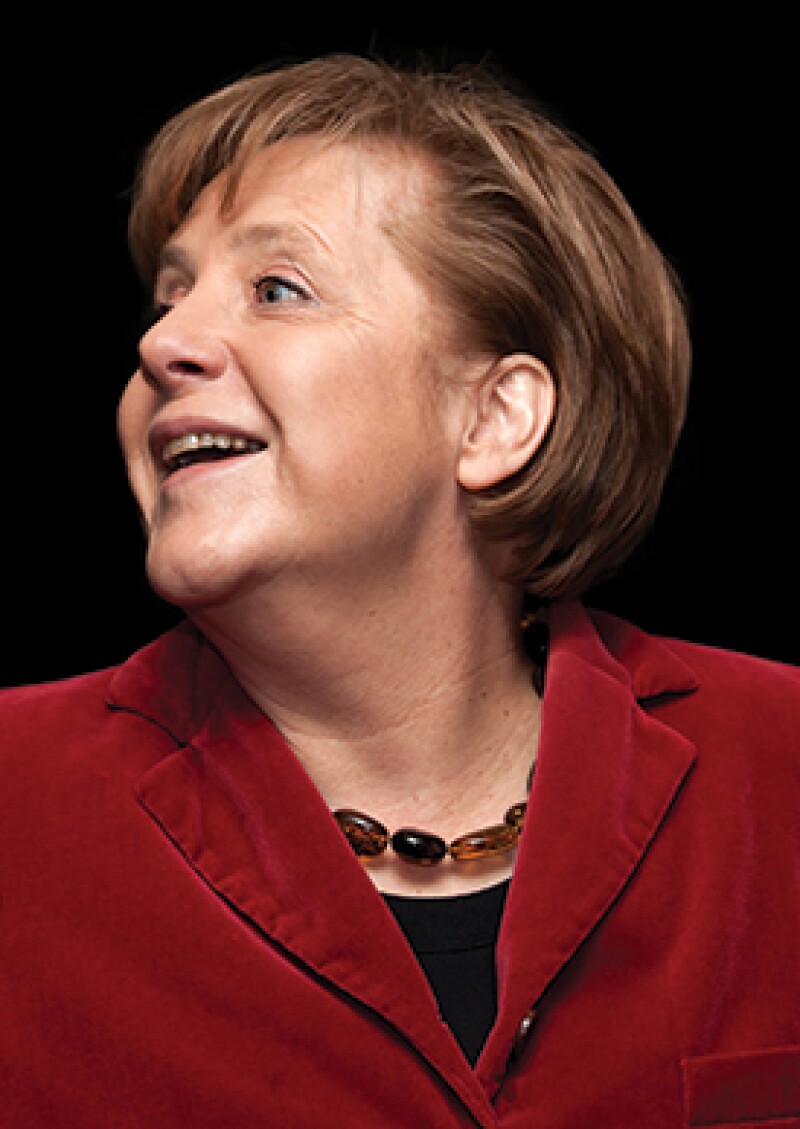
|
Angela Merkel plans to continue being one of the world's most experienced leaders as she prepares to run for a fourth term as Germany's Chancellor in 2017. She has presided over Europe's strongest economy, which has massive influence in the EU, since 2005. Earlier this autumn she announced that she will make up to €6 billion ($6.4 billion) worth of tax cuts for 2017 and 2018 because "the good shape of the economy allowed for fiscal flexibility".
Despite the tax cuts, Merkel faces a tough battle for re-election next year, mostly due to her decision to allow hundreds of thousands of refugees to settle in Germany – which many voters and opposition parties see as responsible for several violent incidents that took place in July.
But there's another reason why Merkel's plans to woo the voters with tax cuts might fail – polls have shown that most Germans actually do not want tax cuts. Public broadcaster ARD ran a poll in August, which showed 58% of respondents said that the government should spend the budget surplus on investments, while 22% thought that it should be spent on paying off debt.
The Chancellor is looking at a busy 2017, which will be spent looking for solutions to problems posed by events like Brexit and Donald Trump's shock victory. If Merkel gets elected for a fourth term, she will undoubtedly offer some much-needed stability to European tax, politics and economics.
The Global Tax 50 2016 |
|
|---|---|
The top 10 • Ranked in order of influence |
|
2. The International Consortium of Investigative Journalists |
|
3. Brexit |
4. Arun Jaitley |
5. Jacob Lew |
|
10. Donald Trump |
|
The remaining 40 • In alphabetic order |
|









